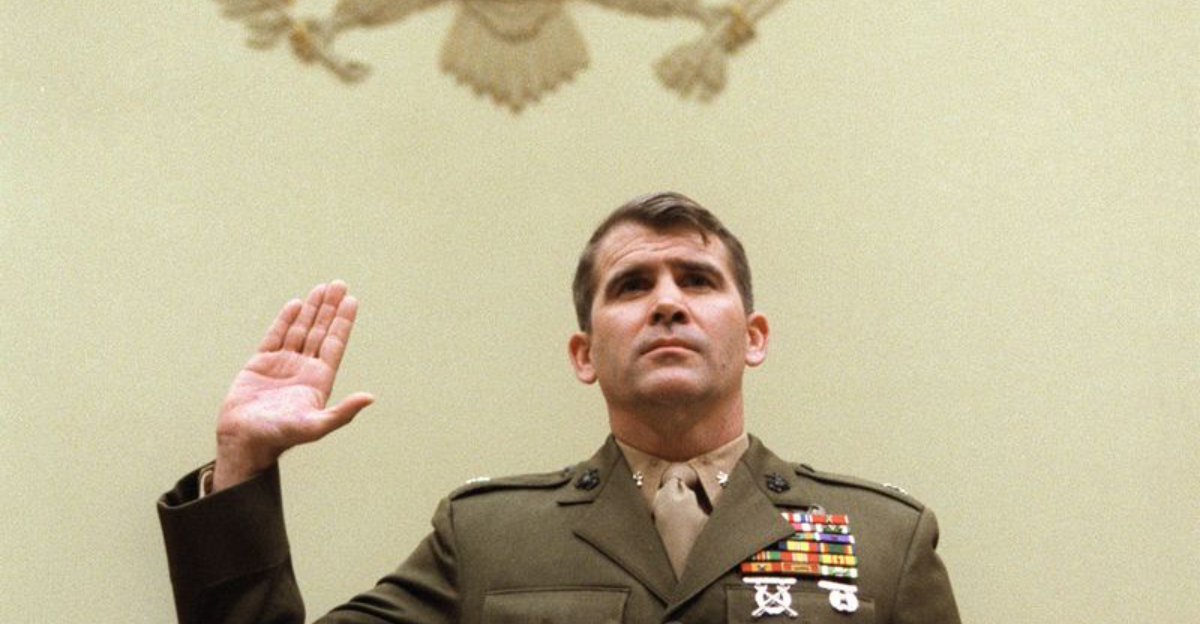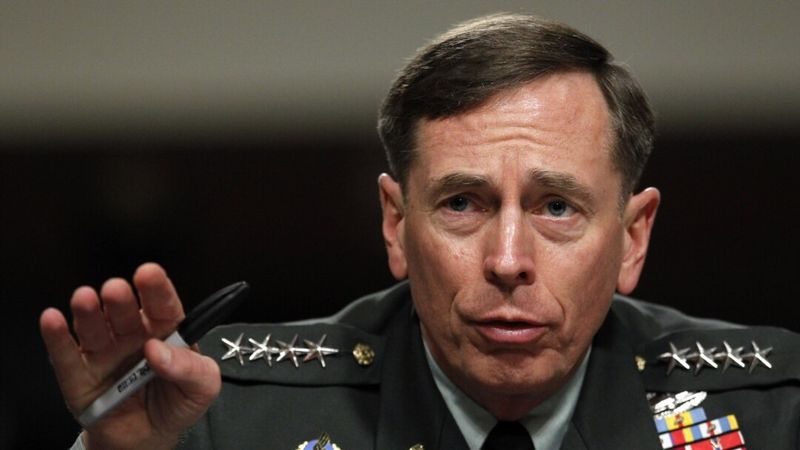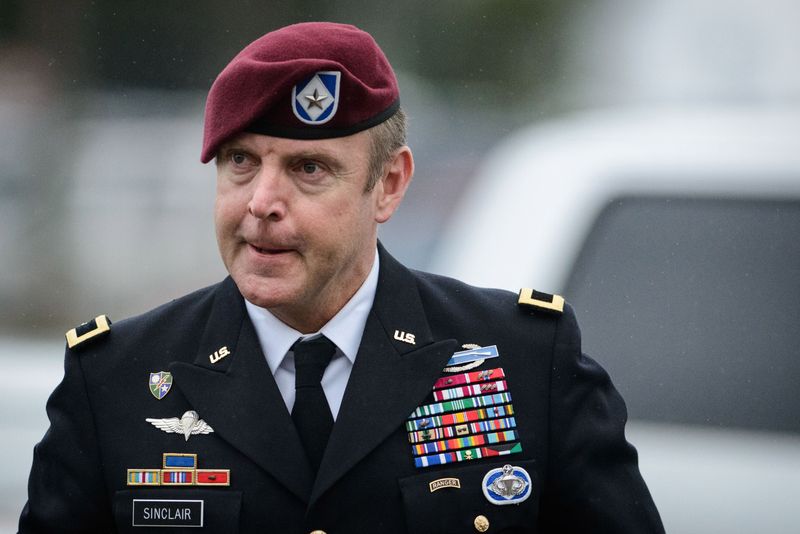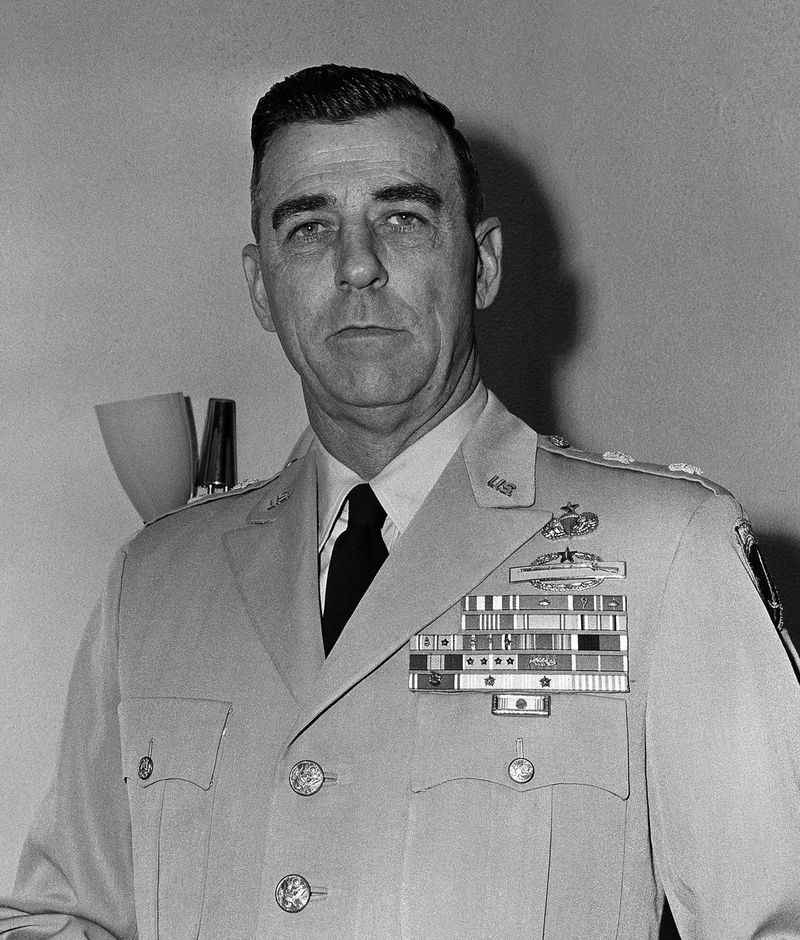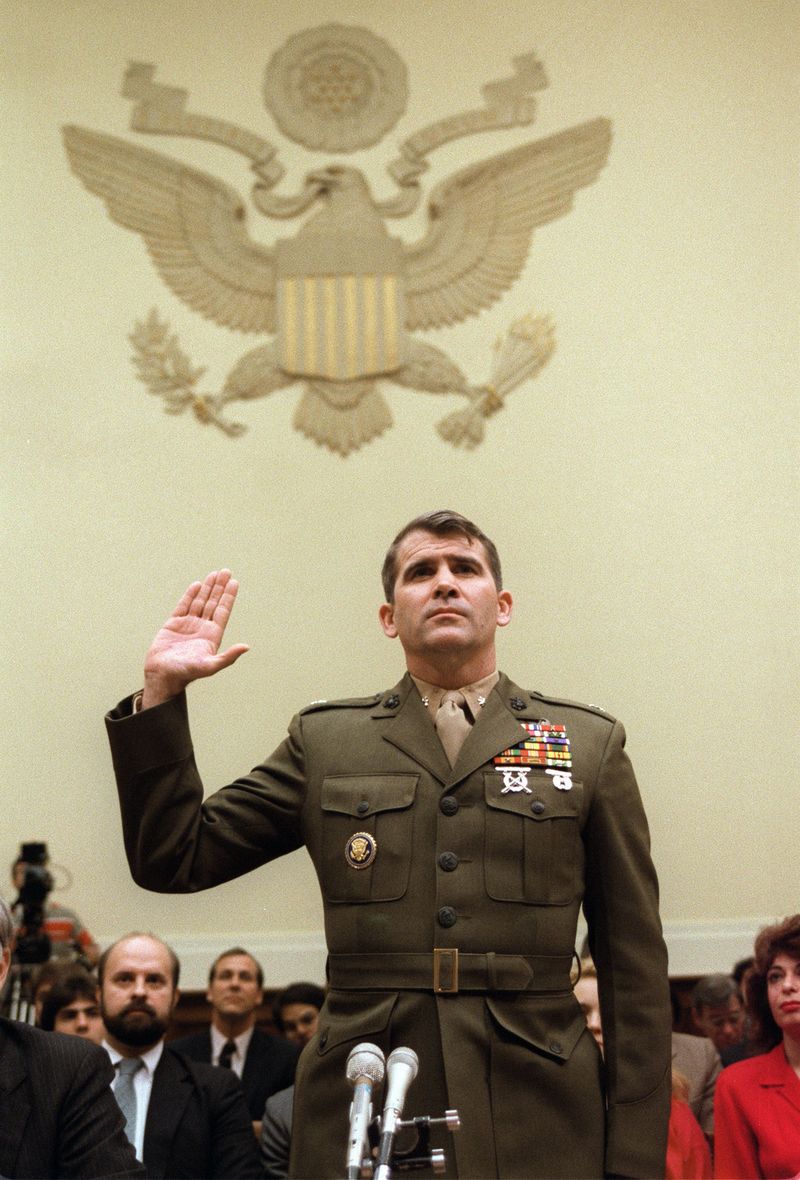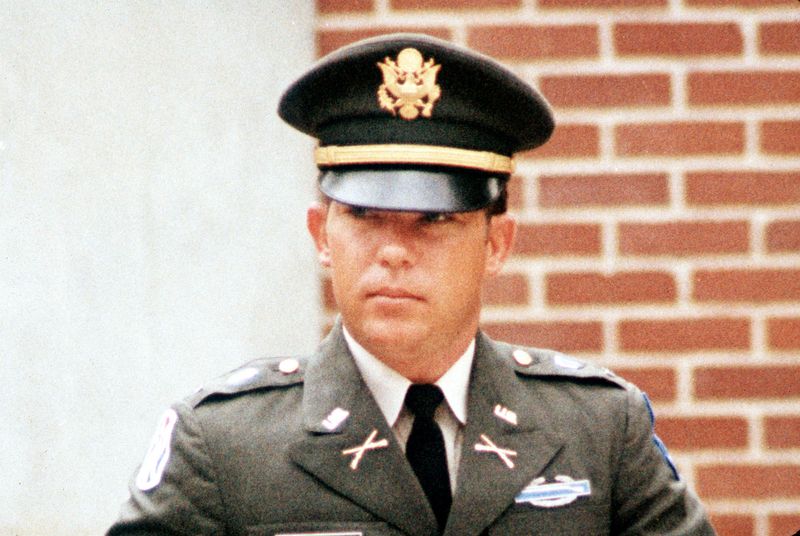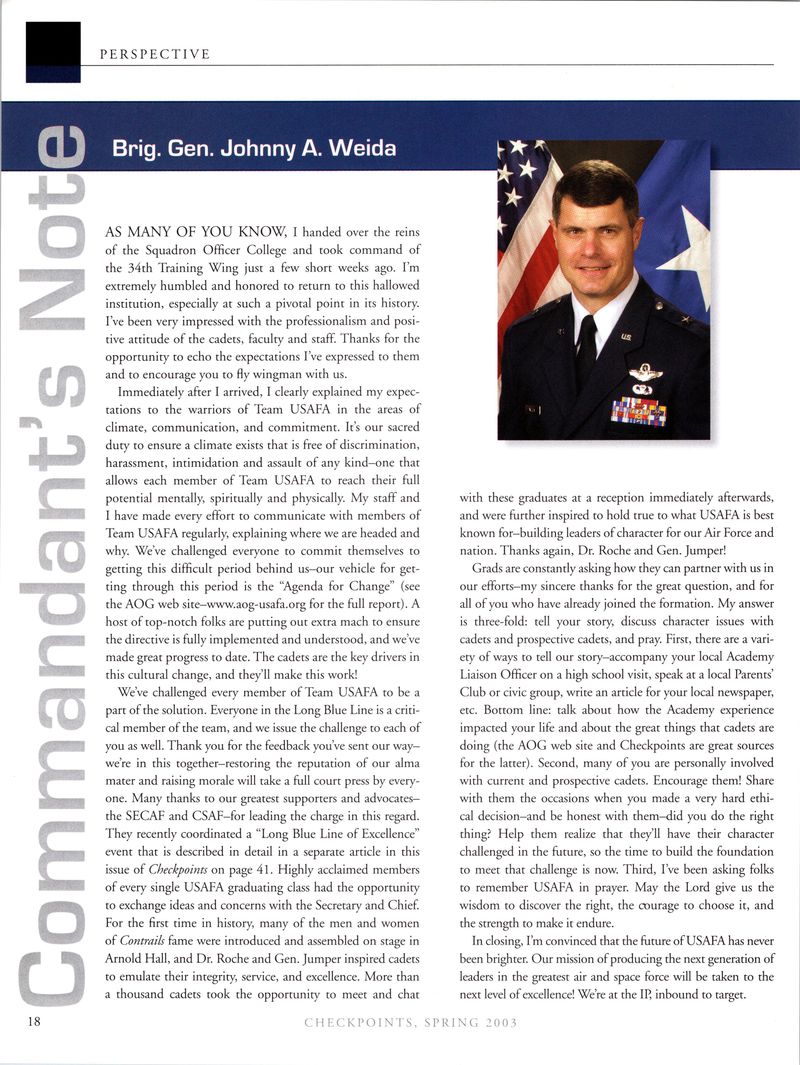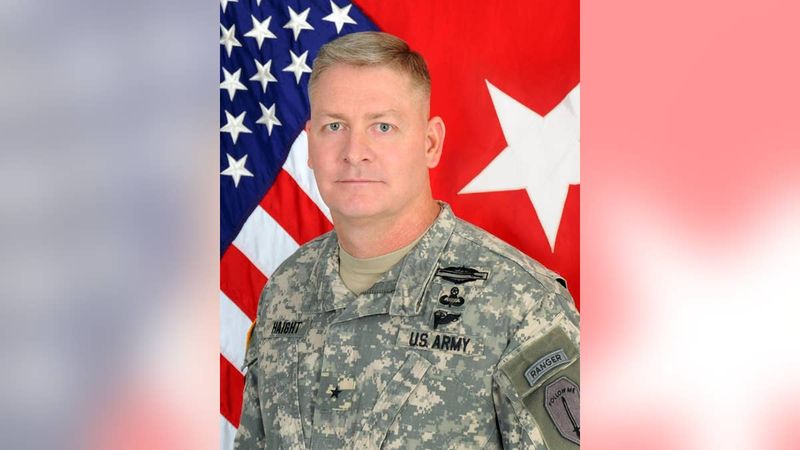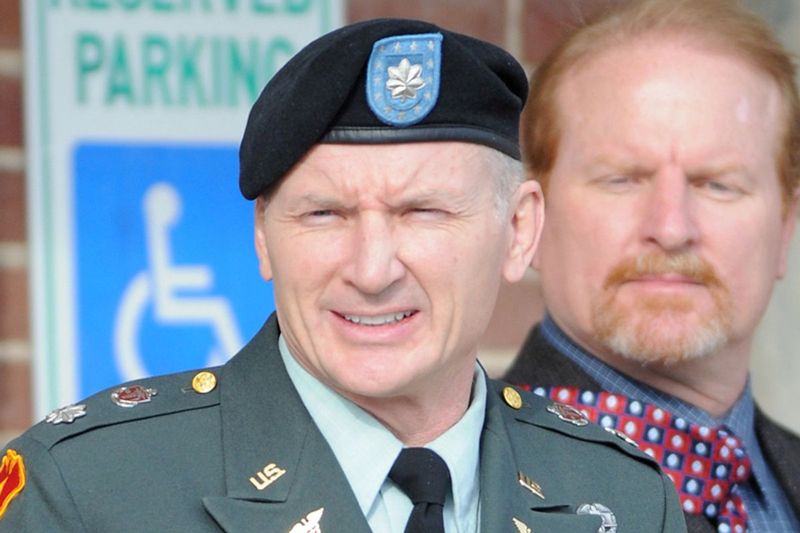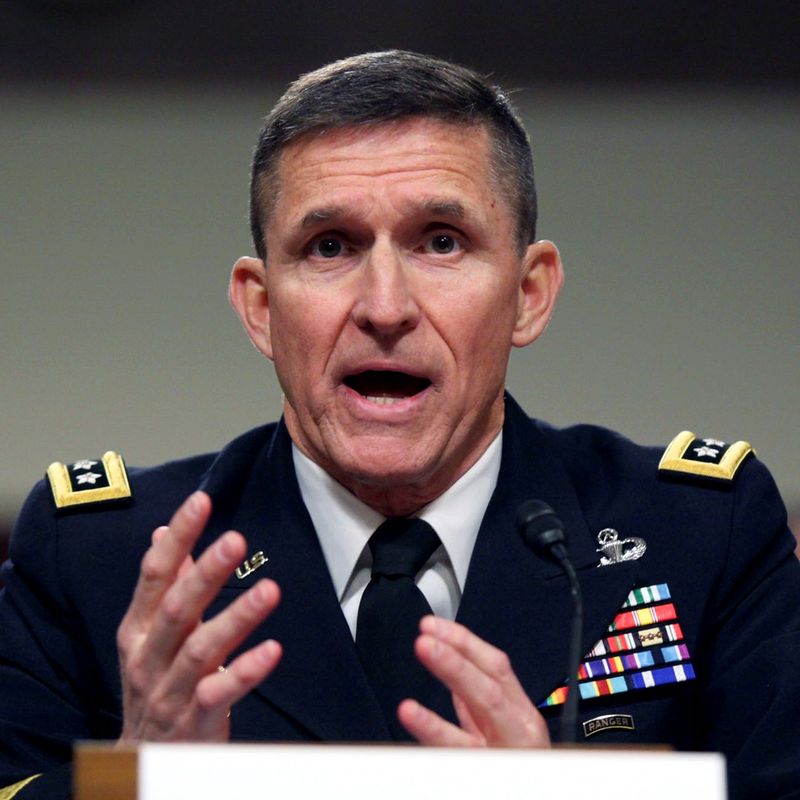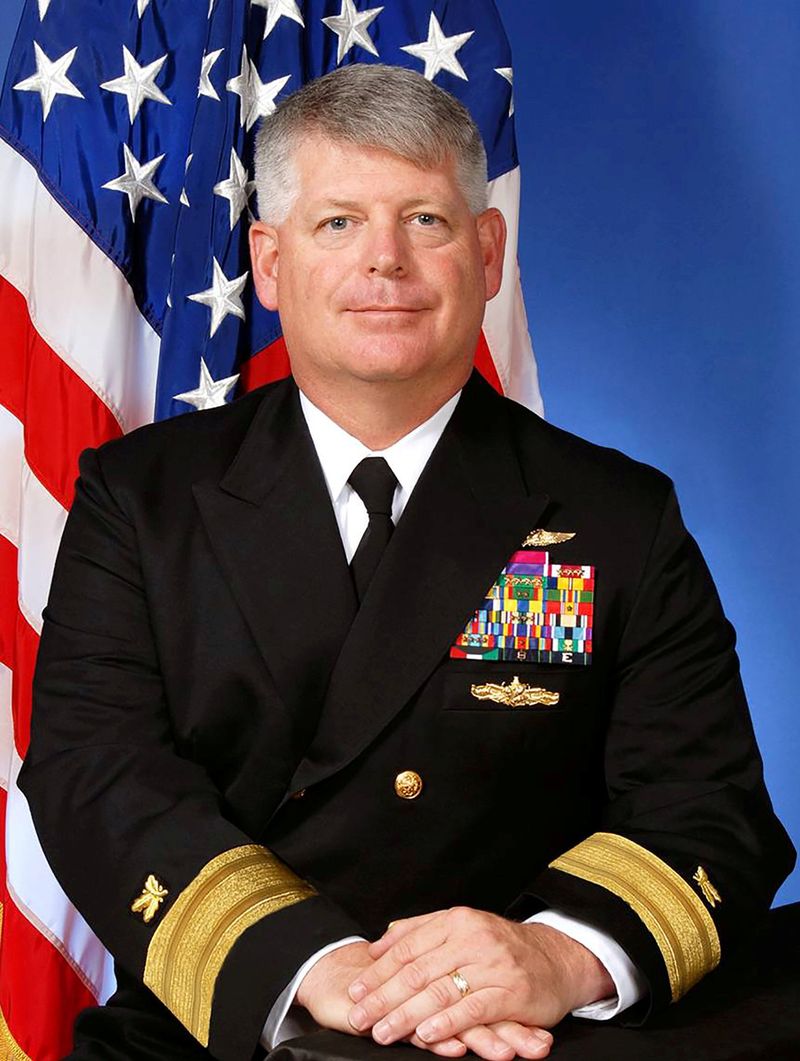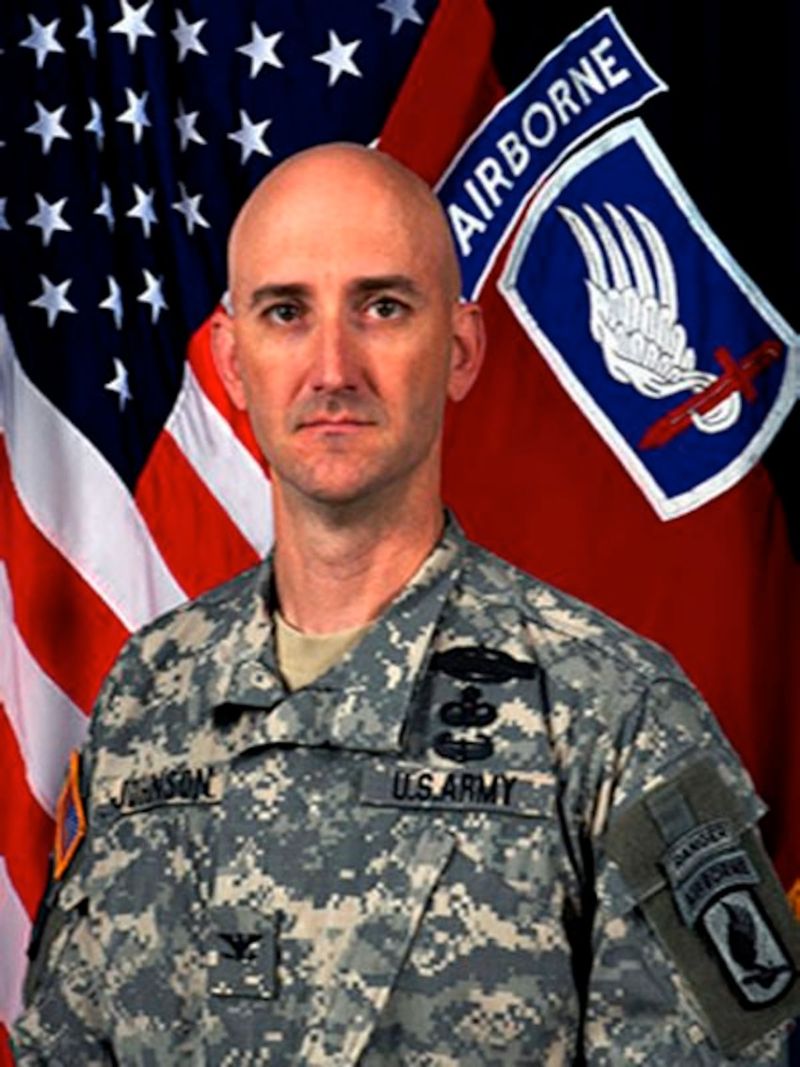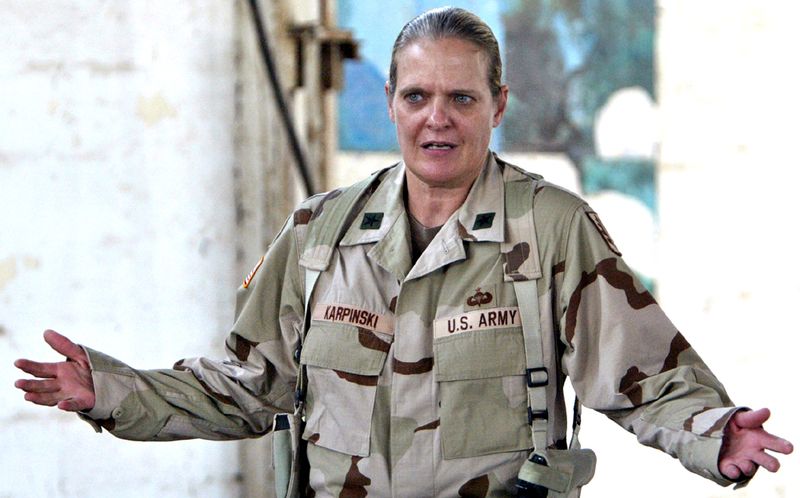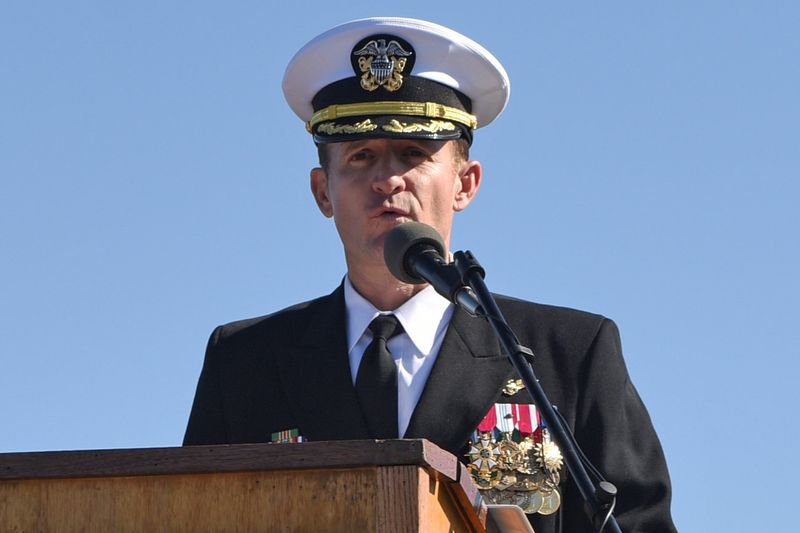Throughout American military history, most leaders have served with honor and distinction. But some have fallen from grace through shocking misconduct, criminal activity, or severe ethical lapses. Their downfalls often reverberate beyond their personal careers, affecting military policy, public trust, and national security. These stories serve as powerful reminders of how even decorated officers can make devastating choices that forever alter their legacies.
1. General David Petraeus: The Fall of America’s Most Celebrated General
Once hailed as the brilliant military mind behind the Iraq War surge strategy, Petraeus’s legacy crumbled spectacularly in 2012. While serving as CIA Director, he shared classified information with his biographer Paula Broadwell, with whom he was having an extramarital affair.
The four-star general pleaded guilty to mishandling classified information in 2015. His punishment—a $100,000 fine and two years’ probation—struck many as lenient compared to penalties faced by lower-ranking personnel for similar offenses.
Former presidential contender and respected commander, Petraeus now serves as a cautionary tale of how personal indiscretion can destroy a storied career built over decades of service.
2. Brigadier General Jeffrey Sinclair: The Sexual Misconduct Case That Shocked the Army
Sinclair’s military career imploded when a female captain under his command accused him of sexual assault and threatening behavior in 2012. The case revealed a disturbing pattern of sexual misconduct with subordinates spanning his deployment in Afghanistan and beyond.
After initially facing life imprisonment, Sinclair struck a plea deal. He admitted to adultery, improper relationships, and misusing government resources. The Army allowed him to retire as a lieutenant colonel with a reduced pension.
His case highlighted significant problems with how the military handled sexual assault allegations and exposed troubling power dynamics between male commanders and female subordinates in combat zones.
3. Major General Edwin Walker: The Commander Who Indoctrinated His Troops
Walker commanded the 24th Infantry Division in Germany during the Cold War before his extremist views derailed his promising career. He distributed right-wing literature to his troops and used his position to promote anti-communist conspiracy theories, directly violating military regulations.
President Kennedy’s administration admonished Walker, prompting his resignation in 1961. Later arrested during the Ole Miss riots, Walker had transformed from respected commander to political radical.
Eerily, Walker became a footnote in assassination history when Lee Harvey Oswald allegedly attempted to kill him before targeting President Kennedy. His story remains a stark warning about the dangers of political extremism in military leadership.
4. Colonel Oliver North: From Marine Officer to Iran-Contra Mastermind
North’s military career ended in scandal when he emerged as the central figure in the Iran-Contra affair during the Reagan administration. The decorated Vietnam veteran orchestrated a complex scheme selling weapons to Iran and funneling proceeds to Nicaraguan rebels, bypassing Congressional restrictions.
His televised congressional testimony in 1987 captivated the nation as he appeared in full uniform, unapologetically defending his actions as patriotic. North received three felony convictions in 1989, though they were later vacated on technicalities.
Unlike many disgraced officers, North reinvented himself as a conservative media personality and NRA president, showing how military disgrace doesn’t always result in permanent ostracism.
5. Lieutenant William Calley: The Face of the My Lai Massacre
Calley led Charlie Company into the Vietnamese village of My Lai on March 16, 1968, where his unit slaughtered over 500 unarmed civilians—mostly women, children, and elderly. The atrocity remained hidden until journalist Seymour Hersh exposed it, shocking the American public and further turning sentiment against the Vietnam War.
Though many participated in the massacre, Calley became its symbol. Court-martialed and convicted of murdering 22 civilians, he received a life sentence that President Nixon reduced to house arrest.
After serving only three years confined to his apartment, Calley disappeared into private life. His case remains the most notorious American war crime of the Vietnam era, permanently staining military honor.
6. Brigadier General Roger Duff: The National Guard Leader Who Abused His Position
Duff’s career in the Minnesota National Guard collapsed when investigators discovered he had systematically misused government funds. He arranged unauthorized military flights for personal travel and fabricated official reasons for trips that were purely recreational.
His 2013 misconduct case particularly stung because it occurred amid military budget cuts affecting service members of lower ranks. While ordinary soldiers faced deployment extensions and benefit reductions, Duff exploited his authority for personal gain.
Though less publicized than other military scandals, Duff’s case exemplifies how corruption can flourish even in reserve components. His actions damaged trust in Guard leadership and highlighted weaknesses in oversight of high-ranking officers’ travel and expenses.
7. Major General David Haight: The “Swinging General” Scandal
Haight’s promising career disintegrated when his secret double life came to light in 2016. The married two-star general, who had overseen operations in Europe and Afghanistan, maintained a years-long extramarital relationship that included participation in group sexual activities.
Army investigators discovered Haight had conducted his affairs using government devices and during official travel. His security clearance was revoked—a devastating blow for an officer with access to nuclear operations planning.
Forced to retire as a lieutenant colonel, Haight lost two ranks and substantial pension benefits. His case raised serious questions about character requirements for senior leadership and potential security vulnerabilities created by officers living secret lives vulnerable to blackmail.
8. Lieutenant Colonel Terry Lakin: The Officer Who Defied Deployment Orders
Lakin threw away a distinguished 18-year medical career in 2010 when he refused deployment to Afghanistan. His reason shocked military leadership: he questioned President Obama’s citizenship and therefore his legitimacy as Commander-in-Chief.
The decorated flight surgeon deliberately disobeyed direct orders, hoping his court-martial would force Obama to produce his birth certificate. Instead, military judges refused to entertain his “birther” conspiracy theories and focused solely on his insubordination.
Convicted and sentenced to six months in military prison, Lakin was dismissed from service, losing his medical pension and benefits. His case represents one of the most bizarre examples of how political extremism can destroy a military career and personal reputation.
9. Captain Owen Honors: The Navy Commander Brought Down by Lewd Videos
Honors achieved his dream of commanding the nuclear aircraft carrier USS Enterprise in 2010. Just three weeks later, his career imploded when the Virginian-Pilot newspaper exposed raunchy videos he had produced years earlier as the ship’s executive officer.
The videos, broadcast to thousands of sailors via the ship’s closed-circuit television, featured homophobic jokes, simulated masturbation, and other crude content. Honors defended them as morale-boosting humor, but Navy leadership saw them as unbecoming conduct for a senior officer.
Relieved of command just days before a critical deployment, Honors became the center of a heated debate about changing military culture and appropriate leadership behavior in an increasingly diverse armed forces.
10. Lieutenant General Michael Flynn: From Intelligence Chief to Convicted Felon
Flynn’s remarkable transformation from respected military intelligence officer to controversial political figure stunned many former colleagues. After a distinguished 33-year Army career culminating as Director of the Defense Intelligence Agency, Flynn entered the political arena as a Trump supporter.
Appointed National Security Advisor in 2017, he lasted just 24 days before resigning over misleading statements about his contacts with the Russian ambassador. Flynn later pleaded guilty to lying to FBI investigators, though he was ultimately pardoned by President Trump.
His post-military embrace of conspiracy theories and extreme positions marked an extraordinary fall for someone once entrusted with the nation’s most sensitive intelligence. Flynn’s case highlights the dangers when military leaders venture into partisan political waters.
11. Rear Admiral Robert Gilbeau: The Highest-Ranking Officer in the “Fat Leonard” Scandal
Gilbeau became the first active-duty admiral convicted of a federal crime in modern naval history. His downfall came through the sprawling “Fat Leonard” corruption investigation, which exposed how defense contractor Leonard Francis bribed Navy officers with cash, prostitutes, and lavish gifts in exchange for classified ship movement information.
While other officers accepted extravagant bribes, Gilbeau’s crime was lying to federal investigators and destroying evidence. He admitted destroying documents and deleting computer files after learning Francis had been arrested.
Sentenced to 18 months in prison in 2017, Gilbeau lost his admiral’s star and retirement benefits. His case represented a stunning breach of trust at the highest levels of naval leadership.
12. Colonel James H. Johnson III: The Commander Who Bankrupted Himself for Love
Johnson commanded the prestigious 173rd Airborne Brigade Combat Team in Italy until his career spectacularly self-destructed in 2011. While still married, he became infatuated with an Iraqi woman he met during deployment and began funneling military resources to her and her family.
He spent thousands in government funds flying to Iraq for unauthorized “missions” that were actually romantic rendezvous. Johnson even created a fraudulent humanitarian project benefiting his girlfriend’s father and diverted military equipment to the family.
Court-martialed and convicted of fraud, bigamy, and conduct unbecoming an officer, Johnson was fined $300,000 and dismissed from service. His bizarre case demonstrated how personal obsession could corrupt judgment even in highly decorated combat leaders.
13. Major General Ronald Lewis: The Pentagon Aide Who Visited Strip Clubs on Government Trips
Lewis served as senior military assistant to Defense Secretary Ash Carter—one of the Pentagon’s most sensitive positions—until a 2015 scandal ended his promising career. An investigation revealed he had misused his government credit card at strip clubs in Rome and Seoul during official trips with the Secretary.
Beyond the financial impropriety, Lewis repeatedly drank to excess on duty and lied to investigators about his activities. The Pentagon’s Inspector General report painted a picture of an officer who abused his privileged position for personal entertainment.
Demoted to brigadier general and forced to retire, Lewis lost a star and significant retirement income. His case emphasized how even officers with access to the highest levels of military leadership aren’t immune to ethical failures.
14. Brigadier General Janis Karpinski: The Commander Responsible for Abu Ghraib
Karpinski’s name became forever linked to one of the most shameful episodes in modern American military history. As commander overseeing Iraq’s Abu Ghraib prison in 2003-2004, she presided over a facility where guards systematically abused and humiliated Iraqi detainees.
When photographs of the torture surfaced—showing prisoners in degrading poses, threatened by dogs, and formed into human pyramids—global outrage followed. Though Karpinski claimed she was unaware of the abuse, military investigators found her leadership catastrophically negligent.
Demoted to colonel and relieved of command, Karpinski later became an outspoken critic of the war. Her case demonstrates how command responsibility extends to failures that occur under an officer’s watch, even without direct participation.
15. Captain Brett Crozier: The COVID Whistleblower Who Lost His Command
Crozier’s case stands apart from others on this list because many view him as a hero rather than a villain. Commanding the aircraft carrier USS Theodore Roosevelt during the early COVID-19 pandemic in March 2020, he faced a rapidly spreading outbreak among his 5,000 sailors in confined quarters.
When his urgent pleas for help through official channels seemed ignored, Crozier wrote a letter that leaked to the San Francisco Chronicle. “We are not at war,” he wrote. “Sailors do not need to die.”
Relieved of command for circumventing the chain of command, Crozier received an unusual standing ovation from his crew as he departed his ship. His case sparked debate about leadership responsibilities during crises versus military protocol.
